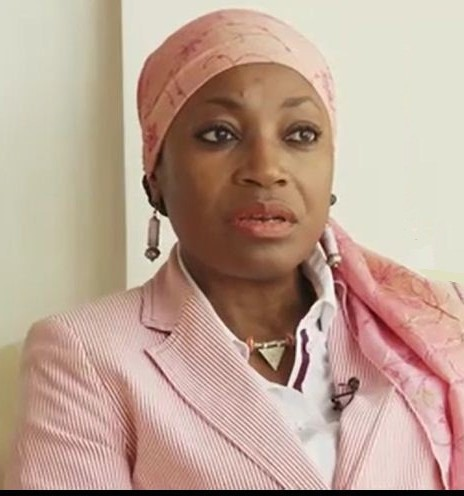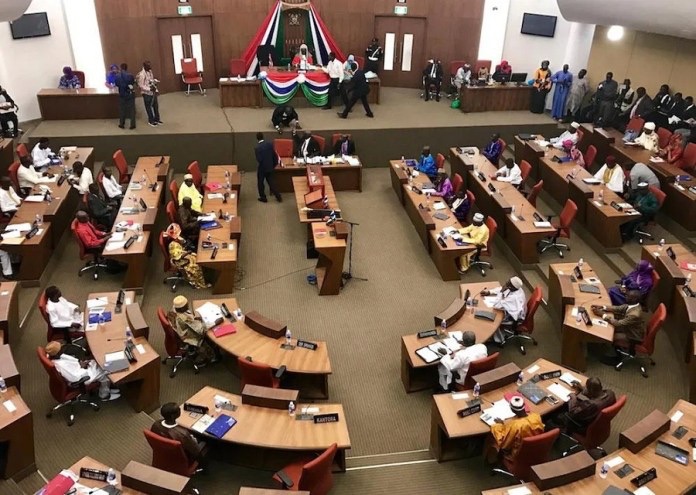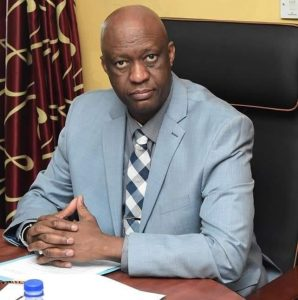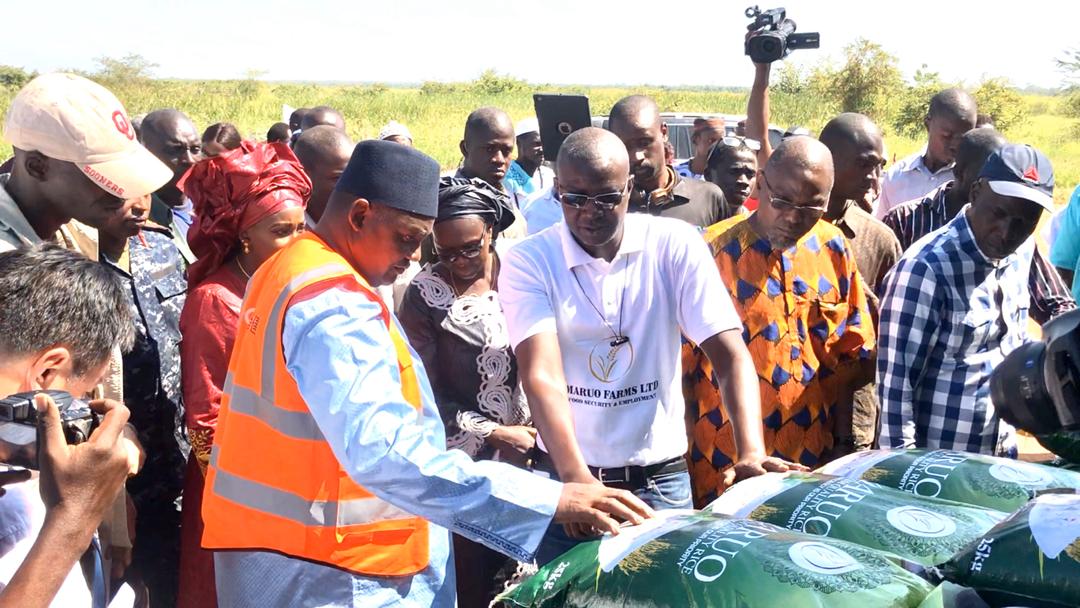By ModouKanteh
The Intergovernmental Panel on Climate Change (IPCC) has elected a Gambian-born Professor as its new vice chair of Working Group II (WGII), which focuses on impacts, adaptation, and vulnerability. The event took place during its 59th Session held in Nairobi, Kenya, from 25 to 28 July 2023.
Professor Fatima Denton is coming to the vice chair WGII position with several years of experience in climate science. She will serve for the duration of the next seventh assessment cycle, which starts immediately after the election. Professor Denton will assist the Co-Chairs of WG II through its seventh assessment cycle.
Prof. Fatima Denton directs the United Nations University Institute for Natural Resources in Africa – UNU – INRA. She coordinated the UN Commission for Africa (ECA)’s African Climate Policy Centre (ACPC) and managed ECA’s largest substantive division. She is a political scientist, prolific author, and twenty-year veteran of the IPCC. She is an accomplished senior manager, renowned throughout UN’s research and implementation divisions and beyond for her thoughts and leadership in climate change, natural resources management, and research and policy development in climate change, green transitions, stranded assets, and minerals and extractives. She has a prominent footprint in international advisory committees and scientific bodies and she is a recipient of several awards.
The Gambian delegation to the 59th Session of the Intergovernmental Panel on Climate Change (IPCC) was led by Mr. Lamin Mai Touray, Director of the Department of Water Resources and IPCC Focal Point for The Gambia.
The IPCC prepares comprehensive Assessment Reports about the state of scientific, technical, and socio-economic knowledge on climate change, its impacts and future risks, and options for reducing the rate at which climate change is taking place. It also produces Special Reports on topics agreed to by its member governments, as well as Methodology Reports that provide guidelines for the preparation of greenhouse gas inventories.
The IPCC Working Group II (WGII) assesses the impacts of climate change, from a worldwide to a regional view of ecosystems and biodiversity, and of humans and their diverse societies, cultures, and settlements. It considers their vulnerabilities and the capacities and limits of these natural and human systems to adapt to climate change and thereby reduce climate-associated risks together with options for creating a sustainable future for all through an equitable and integrated approach to mitigation and adaptation efforts at all scales. The event was hosted by the UN Environment Programme (UNEP) and the Kenyan government.





